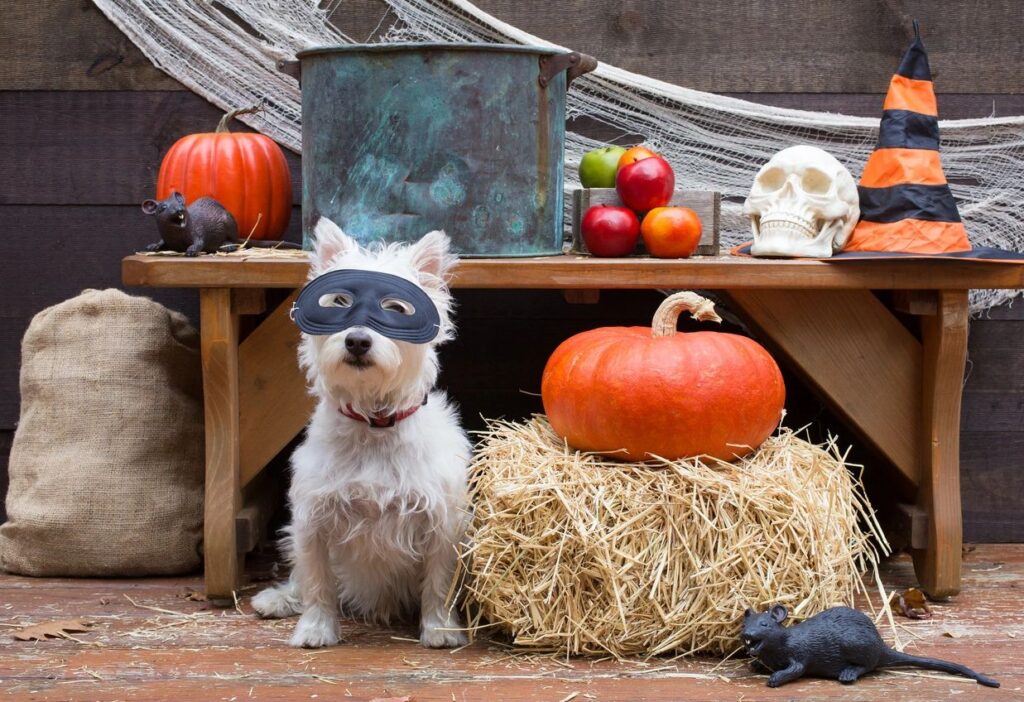
Spooky Science: The Psychology of Paranormal Beliefs
Long-time readers of this blog will know that I can take the fun out of almost any holiday. For Thanksgiving, I’ve written about the advantages of being ungrateful and the inner lives of Turkeys. On Valentines day, I covered loneliness.
So, Happy Halloween! Let’s talk about ghosts.
Why do people believe in ghosts? There are two schools of thought on this.
One is that people believe in ghosts because ghosts are real, obviously. The other, and the one endorsed by psychology research, is that people believe in ghosts because they’re prone to certain cognitive biases in how they interpret the world around them.
Researchers have identified what some of these biases might be by looking at differences between people with high and low levels of paranormal beliefs. Some patterns they’ve noticed in those who put a lot of stock in the paranormal are:
- Details interfering with the big picture: In one experiment, believers in the paranormal and skeptics were asked to look at pictures of small shapes within large shapes and focus on either the smaller shapes or the larger shapes. When the small shapes were different than the large shapes, believers in the paranormal found it harder to to classify the larger shapes. By contrast, skeptics showed the opposite pattern: the larger shapes interfered with their ability to classify the smaller shapes. This suggests that believers in the paranormal have a style of thinking in which local details interfere with their ability to see the big picture while skeptics have a style of thinking where the big picture overrides their ability to notice local details.
- Psychotic-like experiences: Belief in the supernatural might be a taste of the type of thinking associated with psychosis. A 2012 study found that believers in the paranormal have more psychotic-like experiences. They’re more prone to delusions and to hallucinations.
- Childhood trauma: A tendency to put faith in the supernatural might be a reflection of the very real ghosts of a traumatic childhood. Research has linked paranormal beliefs in adults to childhood trauma. It turns out that this link can be accounted for by the tendency of people who have experienced childhood trauma to be more fantasy-prone and to have a more avoidant way of coping with problems.
- Seeing agency where there is none: It makes intuitive sense that people with paranormal beliefs would be more likely to detect the presence of human (or human-like!) agents in situations where no such agents exist. And research done at University of Amsterdam found that people with paranormal beliefs were indeed more prone to illusory agency detection.
As you venture out into the dark, spooky world this Halloween, you might wonder whether that rustling in the leaves is the presence of some invisible, malevolent entity. Don’t worry, though – according to psychology research, it’s probably just your attention to local details combined with an illusory agency effect. Probably.
I have been having paranormal experiences since I was a child. But I always dismissed them thinking it is something psychotic. I considered myself psychotic.
Recently, one day, at a relative’s house I was having one of those “psychotic” episodes again. I saw the ghost of a child and a woman. Also heard the noise they made while literally jumping from one floor to another. The child was very mischievous.
What changed my belief was that my husband also heard them at the same time. He is brave so he ran after the noise but he could not see them.
Later that week we came back to our house. We didn’t tell anybody about this incident. But my mother in law woke up in the middle of that same night, because a ghost of a mischievous child was irritating her. It was the same ghost from the relative’s house! Apparently he came to our house with us. Now my mother in law didn’t know anything about this ghost. How did this happen?
These two things confirmed to me that all those incidents that happened in my childhood were not delusional. I did ACTUALLY hear and see those ghosts. One of whom is still there at my parents’ house.
There is a very thin line between being delusional and being a real psychic. I waited for proof to believe in myself. If I believed in me earlier I could have saved my family from so many atrocities those negative energies did on us.
I think there needs to be more research into this with an open mind. Also, to add to the problem, these things cannot be measured because they are not physical. One needs to have a certain kind of psychic and energetic sensitivity to experience these things. Not all people will see or hear a ghost when it’s front of them.
Many incidents have happened with me other than just ghosts. Ever since I confirmed the existence of afterlife for myself, I’m trying to use my energies for the good. I have learned energetic healing modalities which are helping me and people around me everyday. I hope more people could know this.